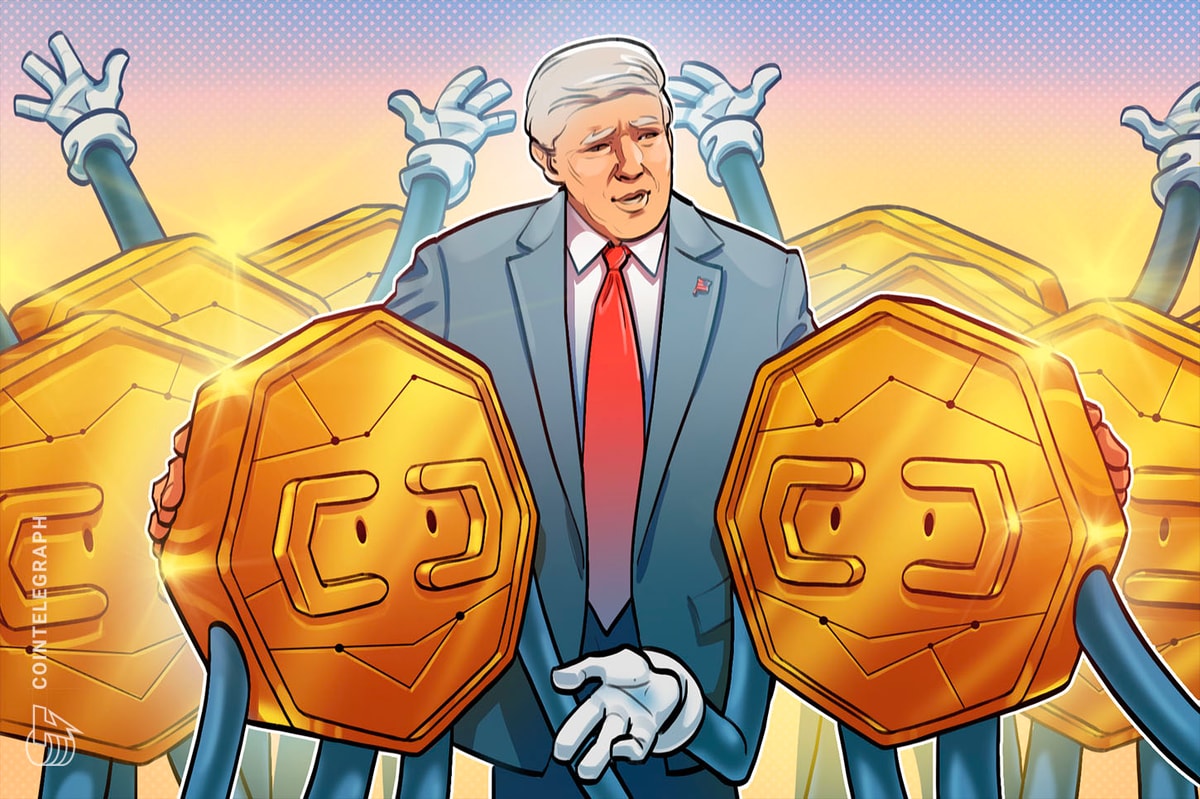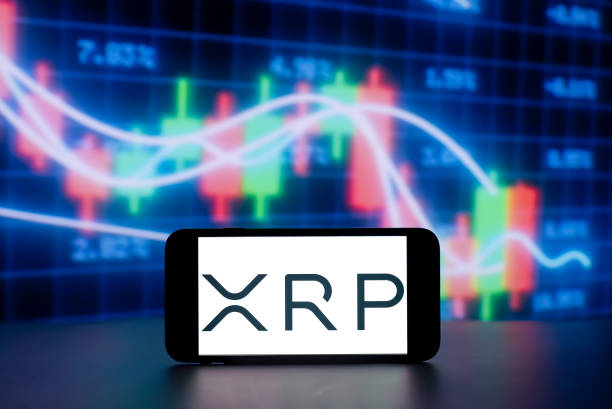Investor Mark Cuban recently appeared on the Rug Radio podcast to share his views on the crypto industry, including the belief that all memecoins are drawn-out rug pulls and have no real-world utility.
“It’s like playing roulette,” Cuban told his interviewer, as he characterized meme trading as a game of “musical chairs” in which all participants gamble. The longtime investor explained that while memecoins can feature strong communities, they lack staying power:
"Every single meme pool is a rug pull in the works, right? Because there's no real reason for it to stick around other than the fun of it, and to see when the token goes up in value because more people came in — it's musical chairs."
Cuban also opined that the memecoin markets are essentially underpinned by the Greater Fool Theory — a market hypothesis that asserts investors can purchase assets independent of fundamental factors and still sell the assets at a profit to another investor.
The investor who purchases the overvalued asset can then repeat the process by finding another individual — who will pay even more for the asset — using the same assumption that they can offload the asset at a profit to someone willing to pay more.
“Nobody is so stupid as to think this is a great investment,” Cuban said of the memecoins, He admitted to considering trading memecoins at times but has always refrained from giving into the temptation.
Related: Memecoin frenzy goes beyond Solana: Here’s what’s next
2024 becomes the year of the memecoin
In the last 30 days, 381,401 new memecoins were created on the Solana network. Many of these tokens end up losing 99% of their value or more mere days after they are launched for exchange trading. The most obvious form of these pump and dump schemes comes from celebrity memecoins, which have drawn widespread criticism from traders and industry professionals.
Memecoins created on Solana over the past 30 days. Source: Step Finance.
Still, several memecoin projects have managed to withstand the test of time and cement their place as blue-chip meme projects.
During the week of Sept. 27, the Pepe memecoin (PEPE) gained 30% in value, driven by a surge in meme trading. Dogwifhat (WIF) — one of the only memecoins with price measured in whole dollars — likewise recorded significant gains during September. However, markets wiped away those gains by the first week of October.
Magazine: Memecoins: Betrayal of crypto’s ideals… or its true purpose?










